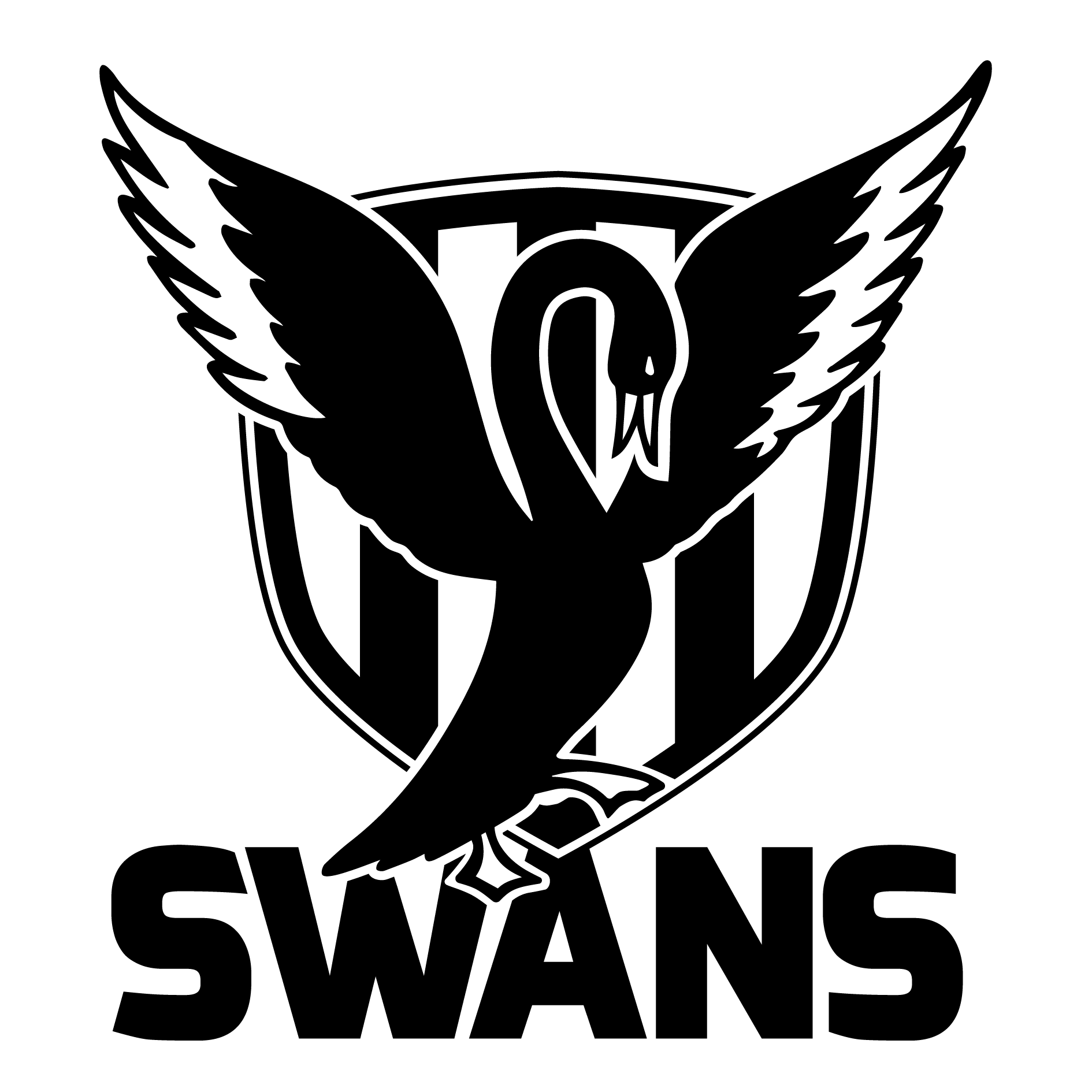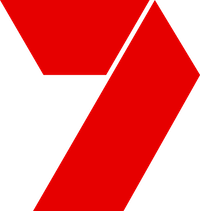Select grade below
- Round 2Sat, 12 Apr 20257:10 PM
 VS
VS Sullivan Logistics Stadium
Sullivan Logistics Stadium - Round 3Fri, 18 Apr 20257:10 PM
 VS
VS Sullivan Logistics Stadium
Sullivan Logistics Stadium - Round 4Sat, 26 Apr 20257:10 PM
 VS
VS Mineral Resources Park
Mineral Resources Park - Round 5Sat, 3 May 20252:30 PM
 VS
VS Sullivan Logistics Stadium
Sullivan Logistics Stadium - Round 6Sat, 10 May 202511:10 AM
 VS
VS Mineral Resources Park
Mineral Resources Park - Round 7Sat, 24 May 20252:30 PM
 VS
VS Sullivan Logistics Stadium
Sullivan Logistics Stadium - Round 8Mon, 2 Jun 20252:30 PM
 VS
VS Sullivan Logistics Stadium
Sullivan Logistics Stadium - Round 10Sat, 14 Jun 20252:30 PM
 VS
VS Fremantle Community Bank Oval
Fremantle Community Bank Oval - Round 11Sat, 21 Jun 20257:10 PM
 VS
VS Sullivan Logistics Stadium
Sullivan Logistics Stadium - Round 12Sat, 28 Jun 20252:30 PM
 VS
VS Steel Blue Oval
Steel Blue Oval - Round 13Sat, 5 Jul 20251:10 PM
 VS
VS Lane Group Stadium
Lane Group Stadium - Round 14Sat, 12 Jul 20252:30 PM
 VS
VS Sullivan Logistics Stadium
Sullivan Logistics Stadium - Round 16Sat, 26 Jul 20253:10 PM
 VS
VS Joondalup Arena
Joondalup Arena - Round 17Sat, 2 Aug 20252:30 PM
 VS
VS Sullivan Logistics Stadium
Sullivan Logistics Stadium - Round 18Sat, 9 Aug 20252:30 PM
 VS
VS Sullivan Logistics Stadium
Sullivan Logistics Stadium - Round 19Sat, 16 Aug 20252:30 PM
 VS
VS East Fremantle Oval
East Fremantle Oval - Round 20Sat, 23 Aug 20252:30 PM
 VS
VS Revo Fitness Stadium
Revo Fitness Stadium
The Role Of The Powerhouse

THE early years of the 20th Century saw the long-defunct East Perth Power House play an important role in the formative years of the East Perth Football Club.
In 1902 a team of local youths formed the Union Football Club and trained on the Old Recreation Ground, which later became known as Wellington Square, East Perth.
A nearby resident, Les Gore, saw the youths training and offered his assistance, introducing some new players from the Power House, which has long been demolished, but was located on the corner of Kensington Street and Claisebrook Road.
Those early recruits included Tom Guthrie, who went on to became club chairman and also held the senior position of Superintendent at the Power House and Don McKinnon, the team’s first captain
The team played in the 3rd Rate Association in 1902-3 and the 1st Rate Association in 1904-5, winning several premierships.
In 1906, the East Perth Football Club was formed as the senior team and admitted to the WA Football League, with Guthrie elected inaugural president, holding the role for six years. In 1933, after a lapse of 22 years, Guthrie again took on the president’s role and held the position until his untimely death in September 1946, aged 65.
While there were obviously players who worked at the Power House before 1933, the factory became a source of employment, especially after Guthrie’s election as president.
Neil Byrne, from the Labour History Society, worked at the Power House and provides this list of players who worked there.
George (Staunch) Owens – 195 games, seven premierships.
William (Digger) Thomas – 177 games, six premierships.
Ritchie Thomas – (Digger’s son) - 207 games, 1936 premiership.
Jackie Guhl – 234 games, 1936 premiership.
Herbie Screaigh – 206 games, 1936 premiership.
Paul Lockyer – 113 games, 1936 premiership.
Seff Parry – 56 games, 1936 premiership.
Frank Bermingham – 7 games
Frank (Fergie) Smith - head trainer, Life Member.
Victor Booth - 97 games
Alf Mussman – 103 games, 1936 premiership
Hector Smith - 70 games.
















